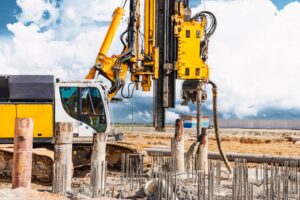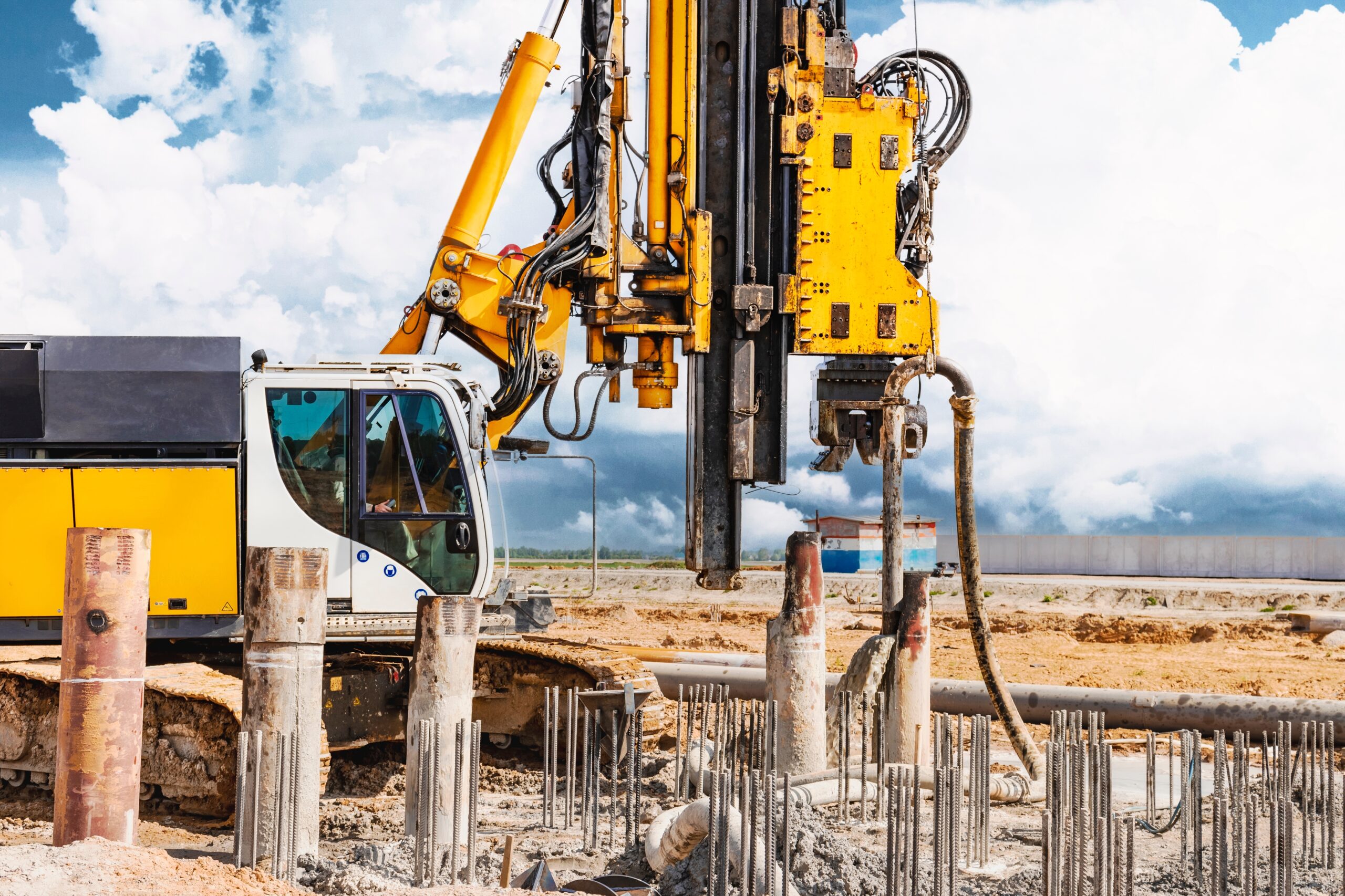When it comes to deep foundation solutions, Steel pipe piles are one of the most reliable choices available. They’re known for their strength, versatility, and ability to support heavy loads even in the toughest soil conditions. But what exactly are they, and why are they used so often in construction and infrastructure projects? Here’s a simple breakdown of the types of steel pipe piles and why they’re worth considering.

What Are Steel Pipe Piles?
Steel pipe piles are long, hollow tubes driven deep into the ground to create strong foundations for buildings, bridges, marine docks, and industrial facilities. They can carry heavy vertical loads and also resist lateral forces, making them ideal for structures that need long-term stability.
Types of Steel Pipe Piles
There are several types of steel pipe piles used depending on the soil, project requirements, and load demands:
-
Open-Ended Pipe Piles: These piles allow soil to enter the pipe as it’s driven into the ground. They’re useful in harder soils and when deeper penetration is needed.
-
Closed-Ended Pipe Piles: These have a steel plate welded to the bottom, which helps displace soil and makes installation faster in certain conditions.
-
Driven Pipe Piles: These are hammered into the ground using impact hammers or vibratory drivers. They are quick to install and create strong, stable foundations.
-
Bored or Cast-In-Place Piles: These involve drilling a hole first and then inserting the steel pipe pile, often used in sensitive areas where vibrations from driving might cause problems.
Benefits of Using Steel Pipe Piles
Steel pipe piles offer several key advantages over other foundation options:
-
High Strength: Steel can handle heavy loads and is especially useful in large commercial or industrial projects.
-
Durability: With proper coatings, steel piles resist corrosion and perform well in water-logged or marine environments.
-
Versatility: They work in almost any soil type, including clay, sand, or even bedrock, which makes them a go-to option for engineers.
-
Speed of Installation: Compared to concrete piles, steel pipe piles are faster to install, saving valuable time on projects.
-
Recyclability: Steel is 100% recyclable, so any unused or removed piles can be repurposed or recycled, reducing material waste.
These qualities make steel pipe piles an excellent choice when strength, reliability, and long-term performance are priorities.
If you’re planning a project and need help sourcing steel pipe piles or want expert advice, don’t hesitate to request a quote today and get personalized support from industry professionals.

